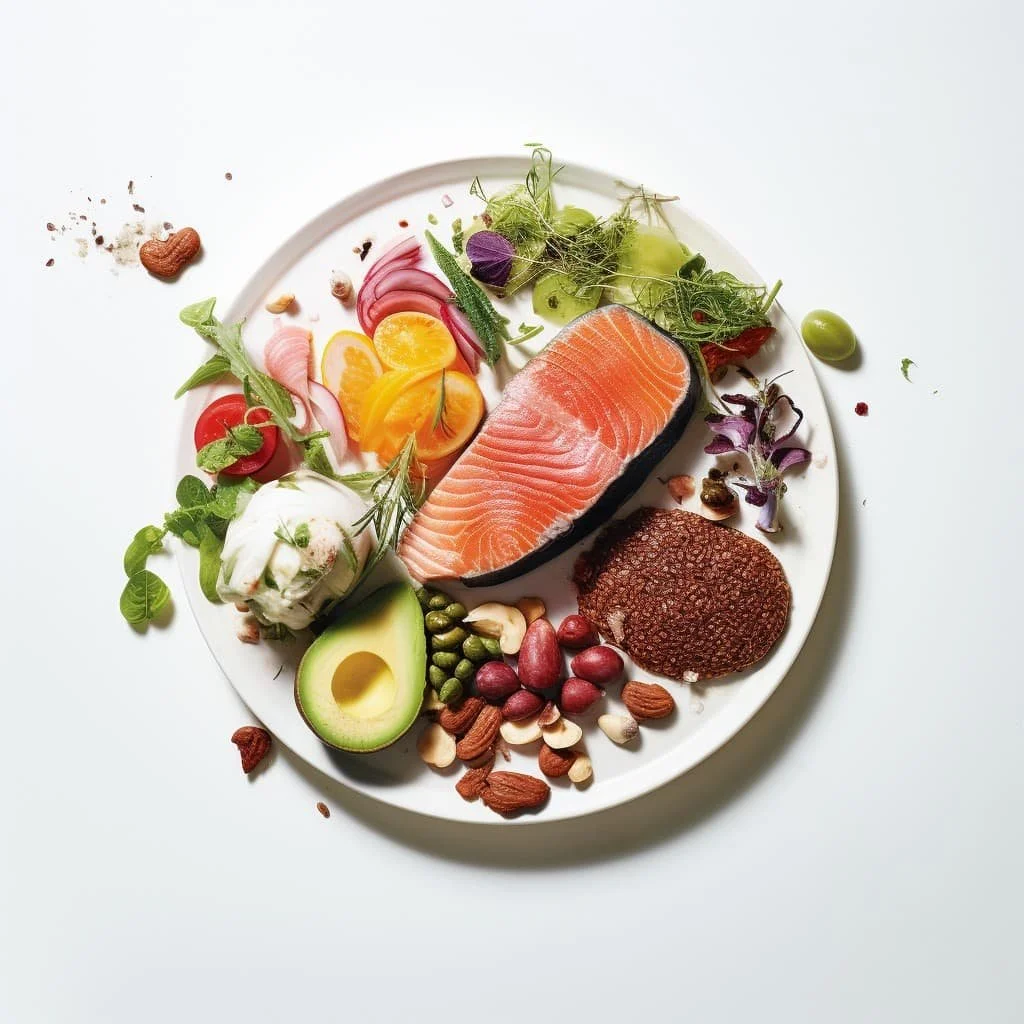How Much is Too Much Protein?
The sun shone brilliantly, casting a golden hue over my favorite brunch spot. Excitement bubbled inside me. I was about to dive into the most talked-about protein bowl in town. Advertised as the ‘Ultimate Protein Punch’, it boasted a whopping 50 grams of protein. “Perfect for a post-workout meal,” I was excited for sure.
Fast forward a few hours, and my excitement had turned to discomfort. My stomach felt stretched, and a persistent bloating had set in. Can anyone say nap time? To top it all, the usual lightness after my daily morning routines was replaced by an unwelcome guest: constipation.
“Why?” I wondered, rubbing my temple. “It was just a meal.”
This experience set me on a journey to unravel the mystery of the ‘perfect’ protein intake. How much is too much Protein? Where is the sweet spot?
The Magic Number: Well, it's not really a number but a guideline. Less than 30 grams per meal.
Most of us know the importance of protein. It’s vital for everything from muscle recovery to hair health. But can there be too much of a good thing in one go?
Muscle Protein Synthesis (MPS): It’s why many of us prioritize protein – to keep our muscles strong and to aid recovery. A study from the Journal of the International Society of Sports Nutrition found MPS to peak with a dose of 20-25 grams of protein. More doesn’t necessarily translate to better muscle growth.
Digestion and Absorption: It turns out; our bodies have their own rhythms. According to research from the American Journal of Clinical Nutrition, proteins like whey digest at a rate of around 8-10 grams an hour. Pushing beyond can strain our digestive system – and perhaps explain my post-brunch discomfort.
The Menopausal Maze
Deep into my own menopause experience, it’s worth noting that hormonal changes can affect digestion, leading to increased bloating and discomfort.
Bloating and Digestive Strain: As my experience showed, protein powders or meals heavy in protein can challenge our digestive system. This is even more pronounced for menopausal women, where digestive processes can be complicated by hormonal shifts. That’s why Alexis and I created XO Jacqui with brown rice protein powder. We found it to be the easiest on our digestive systems.
Personalized Needs: Every woman’s journey through menopause is unique. And while protein is essential, especially for bone health, the standard “1 gram per pound of body weight” might not suit everyone. It’s about balance and listening to what our body tells us.
Finding the Protein Sweet Spot: Instead of overdosing on protein in one meal, why not spread it out?
Optimizing Absorption: Our bodies are more than machines; they’re complex and delicate systems. By pacing our protein intake, we can ensure that we’re not overloading our system and giving it the time it needs to process effectively.
Steady Energy: Regular, balanced protein intake can help maintain consistent energy levels and support a healthier metabolism.
My protein-packed brunch was a learning curve. While protein is a crucial part of our diet, finding our personal “sweet spot” is essential. Listen to your body, adjust when needed, and always remember: balance is key.
Till next time, stay nourished and bloating-free!
